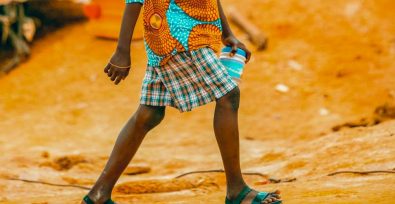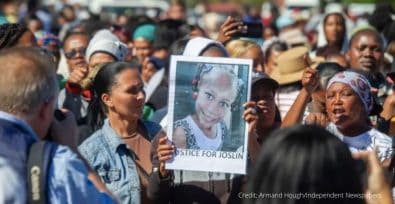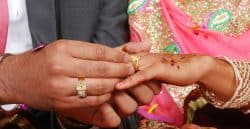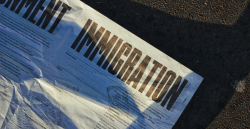A recent investigation by BBC Africa Eye has raised serious concerns about the operations of one of the world’s leading anti-trafficking organizations, the International Justice Mission (IJM). The shocking revelations include instances where Ghanaian children were forcibly removed from their homes and their relatives prosecuted in apparently falsified trafficking operations instigated by IJM.
Operation Hilltop
IJM is a multi-million-dollar organization with a mission to rescue trafficked children and return them to their families. In Ghana, IJM focuses on the Lake Volta region and has hundreds of thousands of dollars to spend on activities there. According to the BBC, there is limited independent data on the extent of child trafficking there, while IJM claims that over half of the children working on the lake are victims of trafficking.
In 2018, IJM began supporting law enforcement night raids of locations where children who worked on the lake stayed. One such raid, called Operation Hilltop, conducted in the village of Mogyigna, was closely monitored by undercover BBC Africa Eye reporters. In this raid, four children were forcibly removed from their homes in what villagers call a violent kidnapping.
One of the children named Fatima, age 11, had been terrified when she was taken from her family. “I thought they were taking us away to kill us. We didn’t know where they were taking us.”
She and the other children were kept away from their families for four months before social services decided they had not been trafficked after all – despite being assured to the contrary by IJM.
A dangerous approach
Africa Eye was able to access planning information on the raid and found that IJM’s own legal officer noted “no elements of trafficking” regarding the four children despite IJM telling local partners in law enforcement and social services that they were being trafficked.
Chiara Francavilla, Kwakye Afreh-Nuamah & Kyenkyenhene Boateng writing for the BBC report,
The undercover Africa Eye reporter joined several conversations that may help explain what was going wrong in a charity whose mission was to help the poor.
In a secretly filmed conversation with a senior IJM staff member, the reporter was told IJM staff needed to rescue a set number of victims and secure a set number of prosecutions every year. Another staff member said that IJM staff were denied pay rises or were at risk of being sacked if they did not reach these targets.
In a separate conversation, the reporter asked an IJM investigator what would happen if staff on a mission were unable to take the children away. “We can’t say we didn’t get even one, we need to get some,” the staff member replied.
Numbers over children’s welfare
With millions of dollars raised annually through donations, IJM enjoys widespread popularity as an anti-trafficking organization with clear influence over local partners on the ground. However, the pressure to demonstrate tangible results may contribute to a focus on achieving specific rescue and prosecution targets, potentially compromising the welfare of the children involved. These findings require IJM to re-examine their methods in alignment with human rights standards.
Instead, IJM appears to be defending its operations in Ghana, including Operation Hilltop. “The evidence provided by IJM in all cases cited was credible enough for the Ghanaian police to open an investigation.” IJM further stated that their supported operations “have led to hundreds of children being brought to safety by the Ghanaian authorities.” But would Fatima and the other Mogyigna children have been counted among those rescued in Ghana before Africa Eye got to the story?
A holistic approach needed
Freedom United condemns IJM’s practices exposed by the documentary and the culture in which supposedly ‘anti-trafficking’ work was conducted. Instead of focusing on its mission, the documentary suggests that the organization is primarily driven by targets both ‘rescues’ and fundraising, which should never be the objective of a nonprofit organization, causing harm instead of help.
Families are left grappling with the heart-wrenching consequences of their actions. Five months after being reunited with her grandmother, Fatima was still traumatized, afraid the BBC reporters were going to take her away as well.
In the wake of savings depleted on wrongful legal cases, families torn apart by jail sentences, and the trauma of experiencing raids that should never have happened, there’s a clear need for a more holistic anti-trafficking approach that is sensitive to the unique experiences of local communities and address the drivers of exploitation without causing harm.
Local member of Parliament Betty Krosbi Mensah has been skeptical of IJM for years for “criminalizing poverty.” She believes they lack a fundamental understanding of local realities. “As I speak to you now, I have two of my constituents rotting in jail because IJM decided to prosecute them.”
You can watch the full BBC documentary ‘The Night They Came For Our Children’ here.







Freedom United is interested in hearing from our community and welcomes relevant, informed comments, advice, and insights that advance the conversation around our campaigns and advocacy. We value inclusivity and respect within our community. To be approved, your comments should be civil.